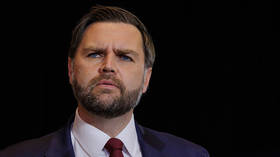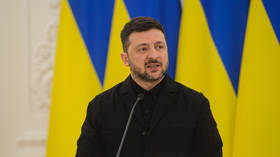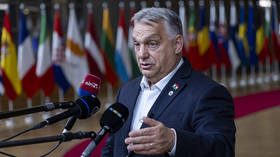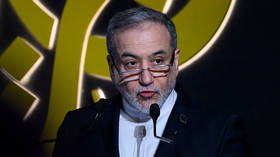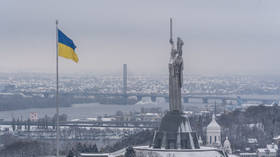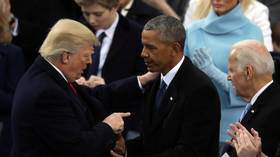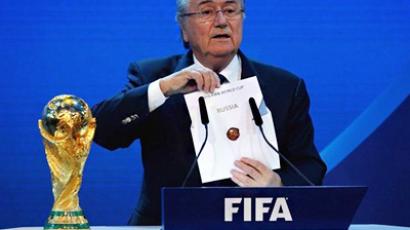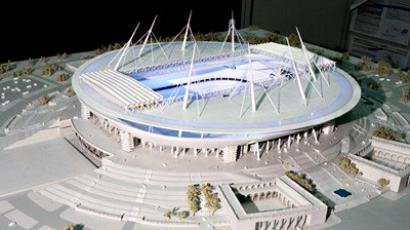Build-up to 2018 World Cup begins…literally

FIFA has made its decision. Now the work begins for Russia to meet the high standards it has set for itself. The enormous project that lies ahead promises to become the most expensive event in the country’s history.
16 stadiums, dozens of hotels, as well as airports and hundreds of miles of roads – Russia has promised to build all this in time for the 2018 World Cup, as the first ever Eastern European host of this most popular football event.Congratulating the people of Russia on the win, President Dmitry Medvedev did not deny that it would be a challenge for the country.“I congratulate everyone from my heart that Russia has won the bid to host the 2018 World Cup. Now we must start preparing and we must do it properly. Of course we will have the experience of the 2014 Winter Olympics in Sochi, but it’s still a very big challenge. It’s a lot of responsibility for our national team too. And I’m sure all the players will put their role to achieve the best results. This is really wonderful news. I congratulate everyone. And now we will support our team to get ready for the World Cup,” Medvedev said.The preparations are no mean feat. Already billions of dollars have been promised towards creating new stadiums and renovating existing ones.Russia’s Finance Minister Aleksey Kudrin says there will not be any hindrances on the financial side of the project.“I worked out all the details of hosting the games and building everything necessary for them. I personally signed the guarantees for the organizing committee, so everything will be ready in time,” Kudrin said. The exact sum of investments into the 2018 World Cup has not yet been named, but it is already clear it will cost a pretty penny.The 13 cities in which the matches will take place are spread out over an area of 2,500 kilometers, with the western-most point the city of Kaliningrad and the eastern-most the Ural mountain city of Ekaterinburg.The cities are divided into four groups, with most of the stadiums in the so-called Volga cluster. The towns of Yaroslavl, Nizhny Novgorod, Samara, Saransk, Kazan and Volgograd will all receive FIFA-standard stadiums.With nearly US$11 billion expected to be invested into the tourism industry alone over the next several years, the fans and players are guaranteed a memorable stay and a great show.“The stadiums that will be built are going to give a great boost to Russian football in general. It is a new stimulus for the game,” says Aleksandr Shprygin, the president of Russia’s football fans’ union. One of the semifinals of the world’s most-watched game will take place in the northern cluster in the city of St. Petersburg. Its existing stadium will receive a serious facelift in time for the match. The other semi will be played in Moscow, as, of course, will the final, to be held at Luzhniki Stadium with its capacity to be increased to nearly 90,000.Transport-wise, everything will be done to accommodate the fans. Existing rail and air links will be approved upon, with a maximum of just two hours’ travel between any two venues.Happily for the ticket-holders, they will not have the burden of visas to be worried about. A pass to the World Cup is enough to get you into the country.The excitement of the win was not evident on the streets of Moscow – the freezing cold kept most of the fans watching the FIFA announcement at home with their friends. However, with so much to gain and achieve, Russians are definitely ready to inspire and be inspired by the plans, the win and, of course, the game itself.



